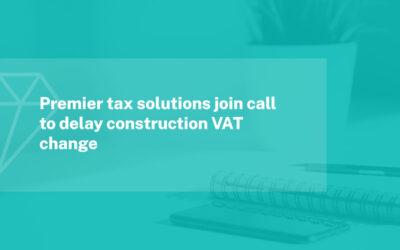 The general rule when VAT registered is that you have to charge VAT on any assets that you sell but there are some exceptions:
The general rule when VAT registered is that you have to charge VAT on any assets that you sell but there are some exceptions:
Selling Property: The sale of land and property is a highly complex area but, in most cases (there are exceptions), the sale of a commercial building and/or land will be VAT exempt unless you have opted to tax the property.
Selling a car: When buying a new car you will pay VAT on the purchase price but it is not recoverable unless there is no personal use of the vehicle. If you were unable to recover the VAT in this instance then when you come to sell the car you do not need to charge VAT due to not being able to recover it in the first instance. If you buy a 2nd hand car which has no VAT on because it does not qualify due to the above rule then you do not have to charge VAT on its resale unless you make a profit which would fall under the marginal VAT scheme for 2nd hand cars. Selling Other Assets: The general rule for other asset sales is that if VAT was charged on the purchase of the assets then you will have to charge VAT on the onward sale of those assets. If the assets were purchased second hand with no VAT charged on the purchase then, as with cars above, no VAT has to be charged on the onward sale, but VAT would be due on the margin made if they are sold on at a profit.
If an asset was purchased brand new from a non VAT registered supplier then the onward sale of those assets would be subject to VAT, because they are not eligible to be dealt with under the second-hand margin scheme.
What If I Am Registered For Flat Rate VAT? Businesses registered under this scheme are able to recover VAT on the purchase of assets where the VAT inclusive purchase price exceeds £2,000. When selling these assets VAT must be charged & paid over in full to HMRC, rather than applying the flat rate percentage to the gross sale proceeds.
Where no VAT has been recovered on the purchase of the assets, for example where they cost less than £2,000, then VAT must usually be charged on their onward sale, but you only have to pay over the relevant flat rate percentage of the gross sale proceeds.
A point to note with the flat rate scheme is that it includes all business income unless outside the scope of VAT. As a result, flat rate VAT would be payable on the sale of a car that had been used in the business. It could be VAT exempt due to the input tax block (as discussed above), but exempt sales are still included in the flat rate calculation.
If you would like any further clarification or have any queries please call us on 01782 479699.




